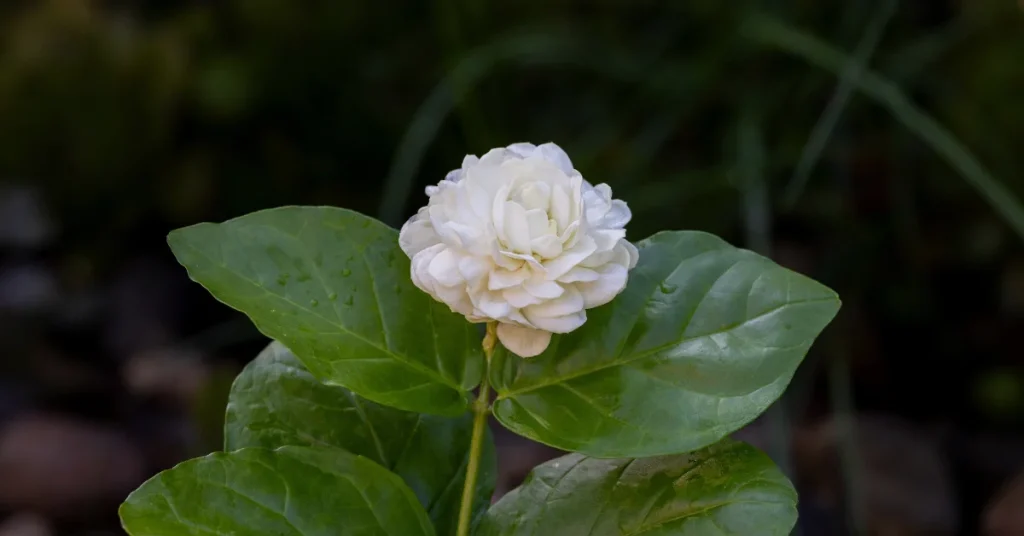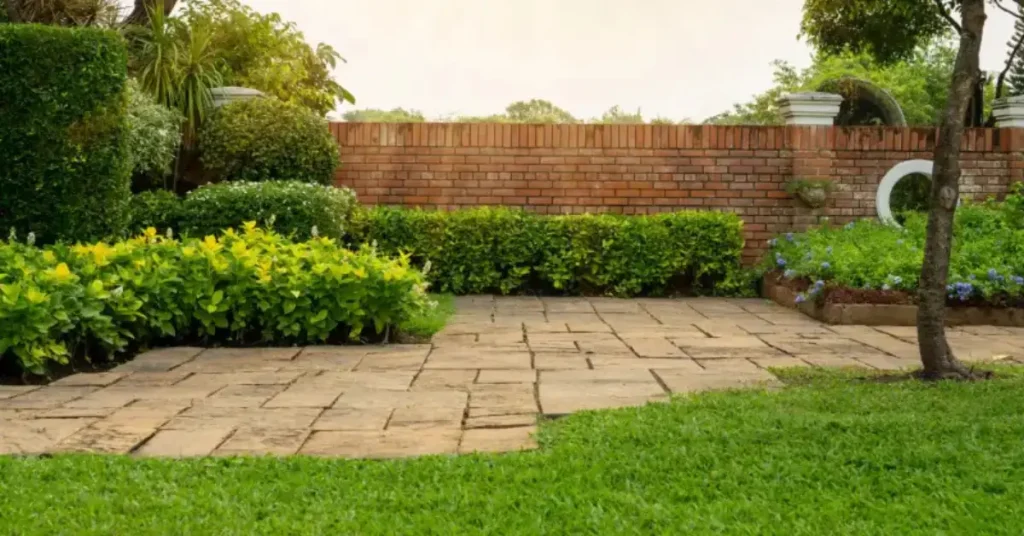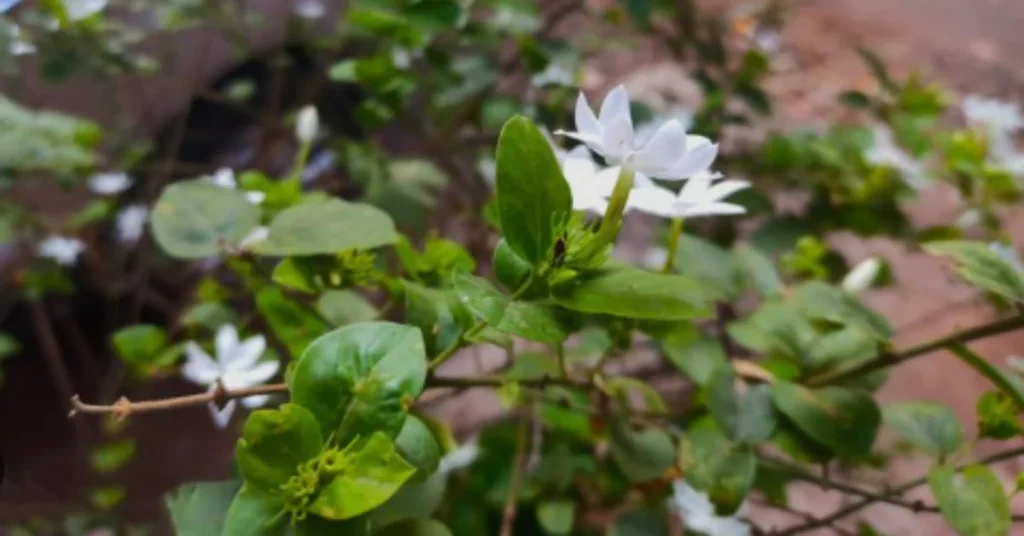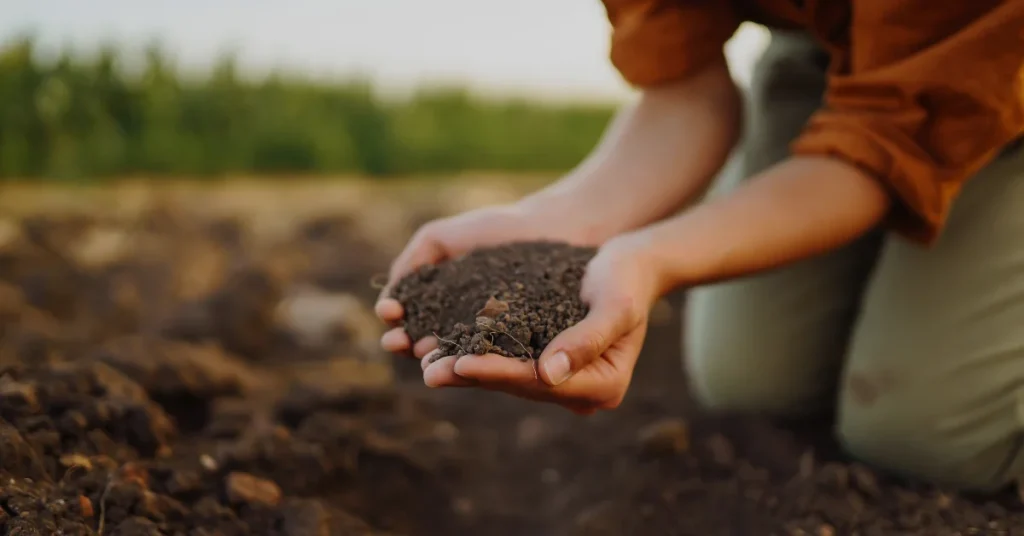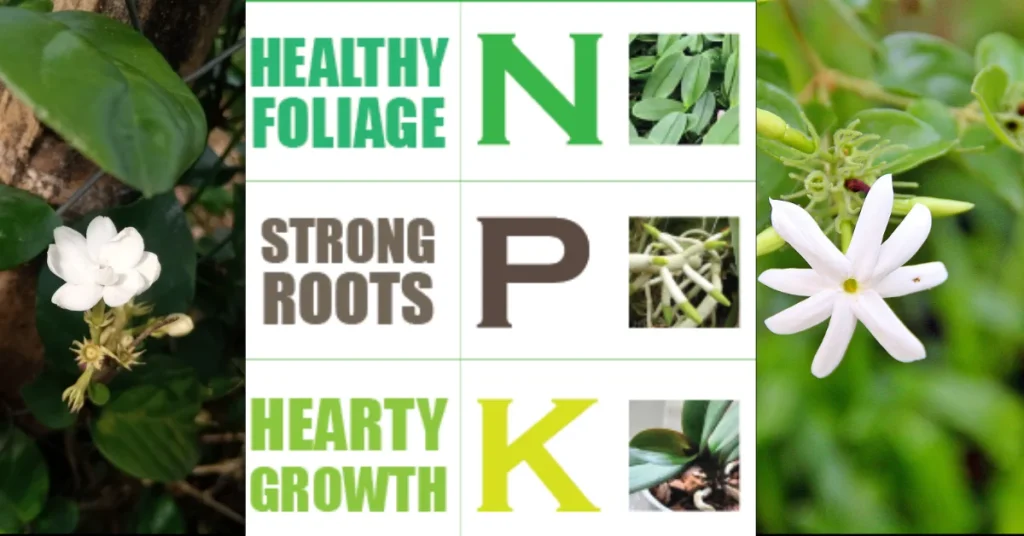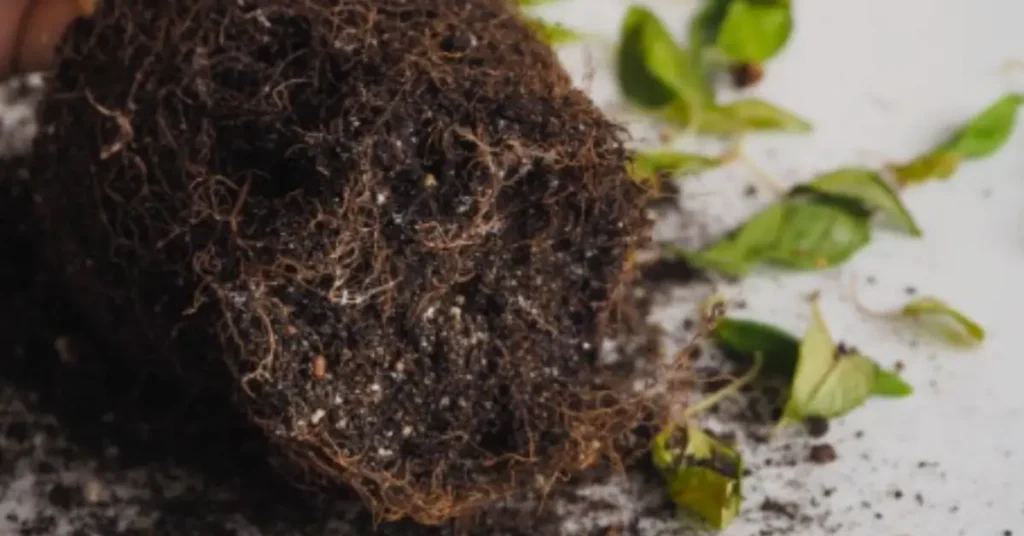Can Rabbits Eat Jasmine? Answers For The Bunnies Owners
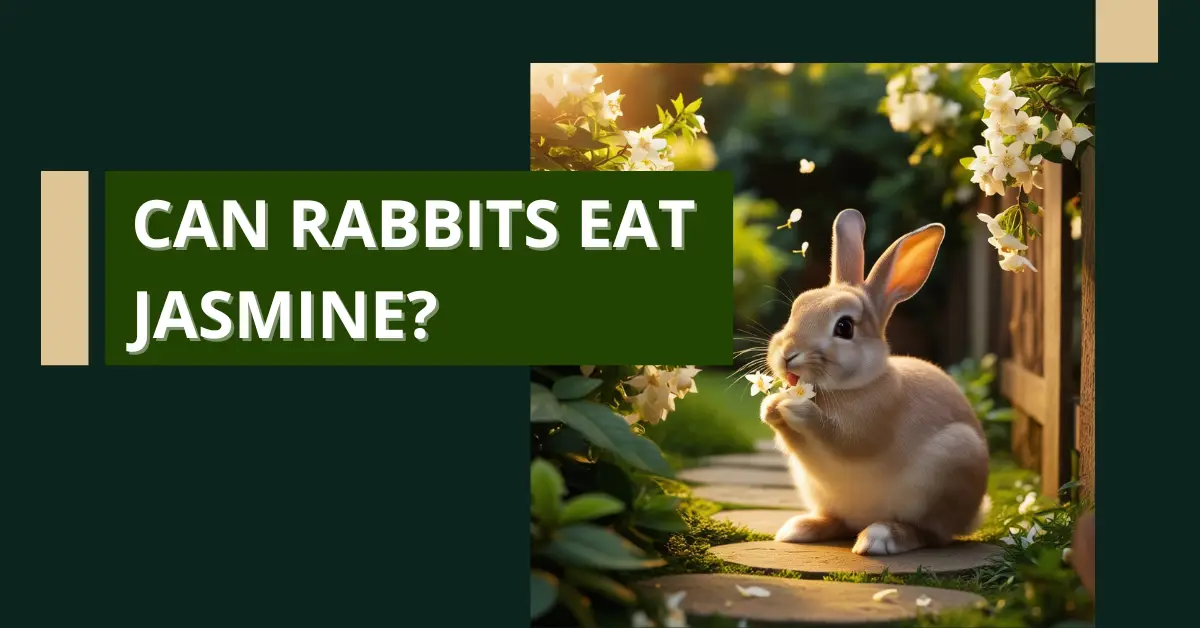
Rabbits are the great pets and can live upto 12 years if cared properly. They eat plants (cabbage, broccoli, carrots, lettuce), grasses, bushes and bark of trees. Bunny owners ask “Can rabbits eat Jasmine”?
Several species of jasmine plants can be toxic to rabbits. But not all types of jasmine are harmful. It’s important to distinguish between them to ensure your rabbit’s safety.
In this post, learn the truth about toxic and non-toxic species of Jasmine to rabbits. Feeding directions, possible risks and common side effects will be discussed here.
Toxic Species of Jasmine Plant
Carolina or Yellow Jasmine (Gelsemium Sempervirens)
Carolina or Yellow Jasmine is highly toxic to rabbits. It is not a true Jasmine. It is an evergreen vine with bright yellow, trumpet-shaped flowers. The height of an adult plant is about to 12 to 20 feet. It is quite difficult for rabbits to approach full heighted plant. However, they might nibble on new shoots as they grow. So maintain a distance for your rabbit from this plant.
Toxic Compounds
It contains alkaloids such as gelsemine and related compounds, which are toxic if ingested.
All the parts of yellow jasmine plants are toxic to Human beings and Pets.
Read Full Article about: Yellow Jasmine Flowering Plant
Star Jasmine (Trachelospermum jasminoides)
Star Jasmine is mildly toxic to rabbits. This plant is an evergreen vine with white, fragrant flowers. Although less toxic than Carolina Jessamine, it can still cause digestive issues in rabbits.
Toxic Compounds
It contains compounds that can cause gastrointestinal upset among rabbits.
Helpful Read: Is Star Jasmine Toxic to Human Beings and Pets?
Night-Blooming Jasmine (Cestrum Nocturnum)
Night-blooming jasmine, known scientifically as Cestrum nocturnum, is a plant famous for its fragrant and white flowers that open at night. It is toxic for rabbits. Ingesting parts of this plant may lead to symptoms such as gastrointestinal upset or more severe reactions. Therefore, it’s best to avoid allowing rabbits to nibble on night-blooming jasmine.
Toxic Compounds
It contains alkaloids that can cause severe gastrointestinal distress, including vomiting and diarrhea.
Non-Toxic Jasmine Specie for Rabbits
Jasmine plants that are safe for rabbits are Jasminum officinale, or common jasmine and Jasminum sambac, also known as Arabian jasmine.
True Jasmine ( Jasminum Officinale)
It is also known as summer jasmine, Poet’s Jasmine or White Jasmine. True Jasmine plant is safe for rabbits to consume. It is non-toxic for rabbits.
All parts of it such as flowers, stem and leaves are safe to feed. You can also find dried Jasmine flowers to consume.
It’s important to introduce any new plant gradually and ensure that they are free from pesticides and chemicals. Always monitor your rabbit for any adverse reactions when trying new foods, and consult with a veterinarian if you’re unsure.
Can Rabbits Eat Jasmine?
True Jasmine can be given to bunnies in small amounts and carefully managed. Always keep monitoring. Too much Jasmine can cause problems like bloating or diarrhea.
Feeding Directions
Consult Your Veterinarian Before Feeding jasmine
It’s good to talk to your vet before feeding jasmine to your bunny. They know all about what’s safe for bunnies to munch on. Better safe than sorry!
Your vet will guide you when to feed Jasmine, how to feed, possible risks and what to do in case of any issue.
Provide it As a Portion
Provide it as portion not full meal. Sprinkle it over their food, place it on a mat or in a bowl. If your bunny has not good eating habits, you can stuff it into chew toys.
Once you are satisfied, you can increase the dosage. The dose will be different for young rabbits, young adults and senior rabbits. So discuss with your vet.
Possible Risks
While Some Jasmine is generally safe for bunnies but eating too much can cause problems. It can cause digestive issues or allergies. You need to be careful about the ingestion of jasmine to your bunny friends.
Common Side Effects of Over Consumption
Stomach Discomfort
Common side effects of overconsumption or accidental consumption of toxic jasmine include diarrhea and stomach discomfort, which can be quite troubling for rabbits. Your rabbit may face watery poo and vomiting.
Allergic Reactions
Allergic reactions may also happen, showing up as skin irritation, breathing problems, or even severe allergic responses. Patches of rash may come into sight on different body parts.
Post-Jasmine Consumption Care
It’s crucial to monitor your bunny after the consumption of Jasmine. In this way you will be able to spot any signs of trouble quickly. If you notice anything worrying, like tiredness, vomiting, loss of appetite, or unusual stool, contact your vet right away.
I don’t want to make you panic. My aim is just to making you conscious about your bunnies.
FAQs
Q: Is Jasmine flower safe for rabbits?
Ans: True Jasmine’s flowers, leaves and stems are safe and edible for rabbits.
Q: Can rabbits eat jasmine seeds?
Ans: Jasmine seeds may cause upset your rabbit. Avoid your rabbit to feed it.
Q: How to keep rabbits away from eating toxic specie of Jasmine?
Ans: Install fencing to keep rabbits away.

I am Yasir Riaz, an Agronomist for more than a decade. Helping local farmers and Gardeners to improve their crops and Gardens and overall productivity. In addition to my work in agriculture, I have also delved into the digital world as an SEO writer and blogger. Through my blog, I aim to educate and inspire others about the Chameli Flower (Jasmine).

